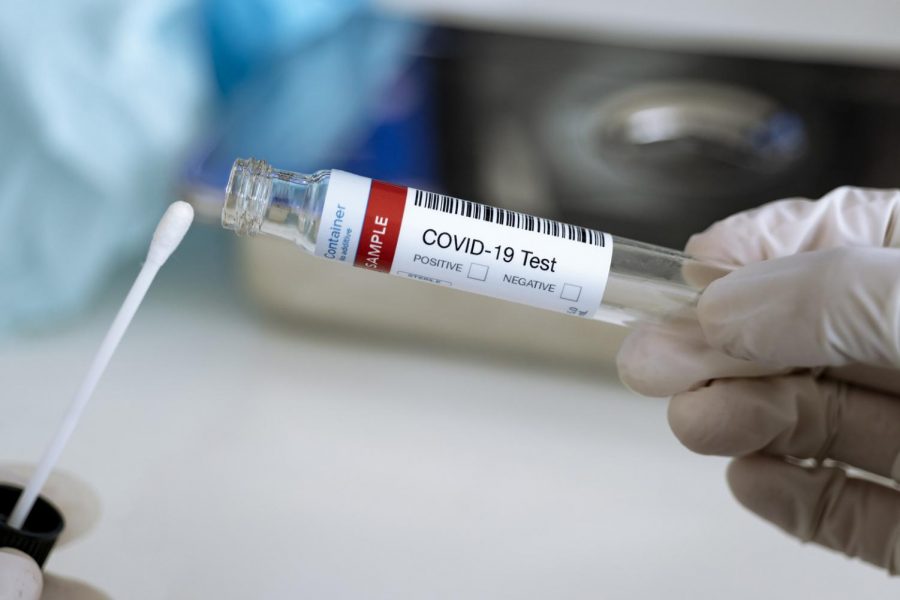CCSU Implements New COVID-19 Testing Plans for Spring Semester
CCSU is increasing the amount of testing done each week on campus.
January 31, 2021
Central Connecticut State University will be increasing the amount of weekly testing done for COVID-19 this semester.
The university is once again partnering with Griffin Health to administer tests to students. Each week, Central Connecticut will be testing all resident students, student athletes, students in work study, residence hall staff and commuter students with on-ground classes.
If all goes according to plan, there will be more than 1,000 tests administered each week.
Though some things could be subject to change, the plan is to have two days a week -currently Monday and Thursday- where everyone can get tested. The school will be using an application called Bookings for scheduling purposes.
Interim Chief Facilities Officer Sal Cintorino, one of the people spearheading this new plan for the spring, said that “this whole thing does not work without the compliance [of the students.]”
While the cooperation of CCSU students is a necessary part of the university’s plan, there are “additional suspenders in place” this semester to monitor things, Cintorino said.
One suspender Cintorino noted is keeping a more watchful eye on the symptom survey. Each day, students are sent a symptom survey to their emails where they can report any irregular symptoms.
During the fall semester, Cintorino said that the list of students completing the survey was only being checked once per week. This spring, residence hall directors will be sent an updated list every day of who did or did not complete the survey in their buildings.
Students who have not completed the symptom survey will be contacted by the university, though Cintorino added that he hopes that that does not have to happen often.
“We certainly want them to comply,” Cintorino said. “What we don’t want to do is bring them in and have enforcement for that but we’re prepared to do whatever it takes to keep the university safe. That starts with clear communication from us but then being steadfast and making sure that people do comply.”
The university has also put together a team of more than 30 contact tracers this semester to try and slow down the spread of the virus when someone does in fact test positive.
“We’re really excited about the plan,” Cintorino said. “We’re confident based on what we did from the fall that this is even better and it’s going to help us continue to move forward.”
Three work groups were put together by CCSU with the goal of “reaching out and talking to people to try and get some feedback about what we could do better,” Cintorino said. The opinions from students heard in these groups “had some strong influence on us,” Cintorino added.
After March, the group of people being tested each week drops down to 25 percent from each of the aforementioned categories. Student athletes in season would be an exception to this.





